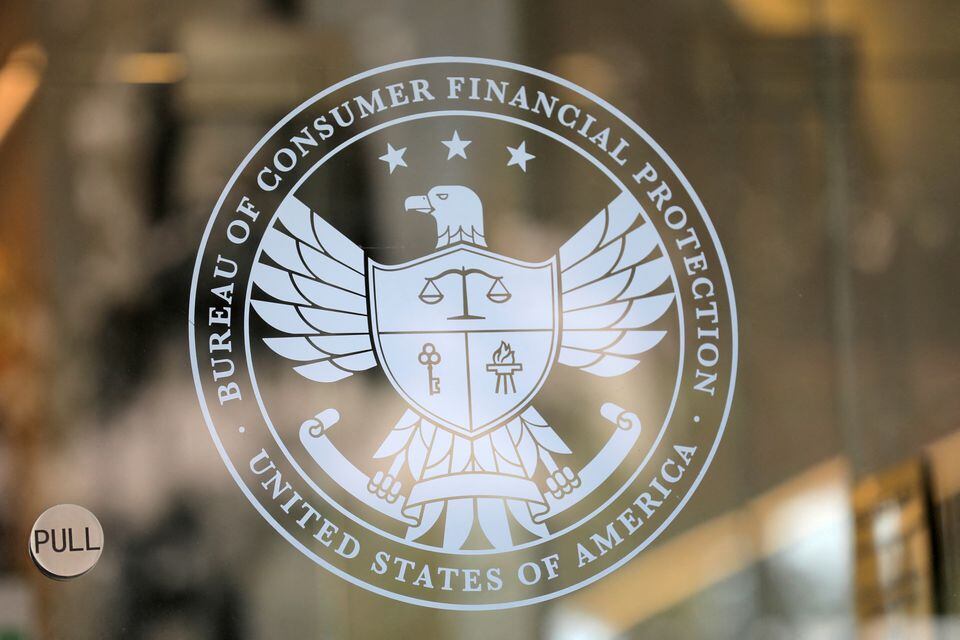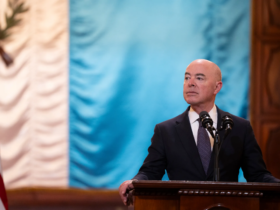United States – As per U.S. Consumer Financial Protection Bureau (CFPB), trade and banking associations like the Chamber of Commerce appointed forum shopping to bring a suit to a District of Northeast of the country, Fort Worth in Texas, to block a rule that was meant to decrease credit card late fees.
CFPB’s Position
CFPB was backing a request for such an injunction denial on the pretext that the case is ongoing. The regulator alleges that the lawsuit was brought without a valid base since the place where it was filed is not proper, as reported by Reuters.
The rule on fines passed just last week is applicable for only 35 of the massive card issuers who are not based in Fort Worth, as the regulator said.
The only group that brought a lawsuit, the Fort Worth Chamber of Commerce, is from the central court of this community, whereas the harmed member further claims it is a bank in Utah, hence the supreme court action filed on Tuesday.
“Far-flung entities cannot just pay membership fees to an association in their venue of choice to gain access to that venue,” the CFPB wrote.
The attorney for the groups, however, is not yet ready to make a public statement.
Credit Card Late Fee Rule Overview
This is exactly what the groups that filed lawsuits last week were trying to challenge–they say that late fees charged by credit card issuers whose number of open accounts exceeds USD 1 million cannot exceed USD 8 unless they have provided evidence of these higher fees adequately covering their costs. The issuer was allowed to slap with a late payment penalty of up to USD 30 or USD 41 as a subsequent penalty.
The CFPB claims that the method would save consumers USD 10 billion per year.
The business groups cut their hair, saying that it would cause subsistence due to increased card losses and compliance costs for issuers, including on accounts they wouldn’t have opened had they been updated about caps.
Legal Landscape and Judge’s History
The suit was presented to U.S. District Judge Reed O’Connor, the only active federal judge in Fort Worth, appointed by the former Republican President George W. Bush.
He has given verdicts in many cases, including a 2018 case in which the Affordable Care Act, otherwise known as Obamacare, was declared unconstitutional. That decision was overturned on appellate review.
At the same time, hours later, the policy-making body of the federal judiciary approved a rule limiting “judge shopping” by randomly directing the cases that challenge federal or state laws into a federal district instead of just in the courthouse or division where they are filed in, as reported by Reuters.
Republican state Attorneys General, companies, and certain conservatives have filed multitudes of cases in humble courts in the state of Texas with one or two judges, aiming to prevent the execution of Democratic President Joe Biden’s and his administration’s decisions.






